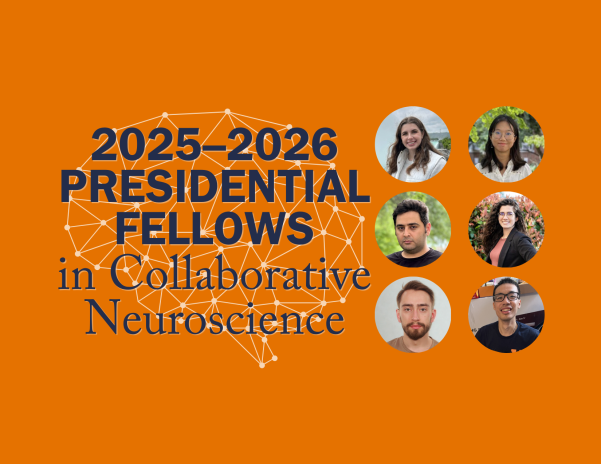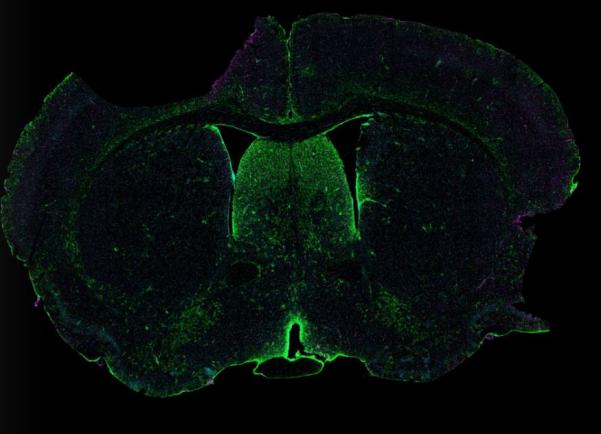Presidential Fellowship in Collaborative Neuroscience
The Provost's Office, in collaboration with the UVA Brain Institute, is proud to support the presidential graduate fellowship program to promote cross-Grounds collaborative neuroscience research.
We seek to bring together neuroscientists from different divisions and UVA Schools (e.g., College of Arts & Sciences, School of Medicine, School of Engineering & Applied Sciences) to tackle important questions and perform transformative work that will differentiate our research enterprise. Projects may be on any subject related to neuroscience. Evidence of prior collaboration is not required, and the creation of new partnerships is encouraged.
This opportunity is open to current 2nd and 3rd graduate students, and competitive applications will provide evidence that the candidate will be jointly guided in a collaborative, multidisciplinary environment on a synergistic project with the potential to generate transformative science. Fellowship awards are not eligible for renewal. Projects that are currently receiving or have within the last two years received Brain Institute support are not eligible for additional funding.
Awarded fellows and their mentors are expected to attend the annual Presidential Fellows in Collaborative Neuroscience event held at both the start and end of their fellowship term. Fellows will deliver a short talk at their end-of-term event. Fellows and mentors will also be asked to participate in Brain Institute events and provide a final report at the completion of the fellowship term. Awarded fellows and their mentors must also submit an individual fellowship proposal to an external funding organization (e.g., NIH F30/F31/F99/K grant, Ford Foundation, or other similar grants from other external agencies) within six months of completion of the fellowship term. Mentors are also expected to participate in future review of program applications.

